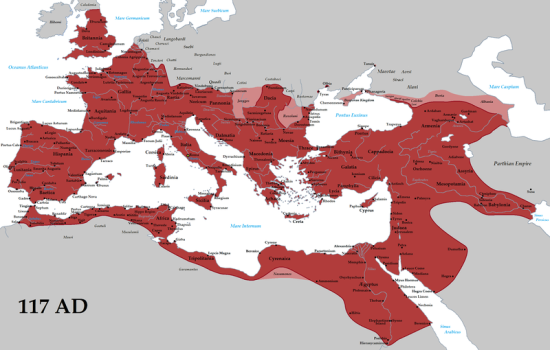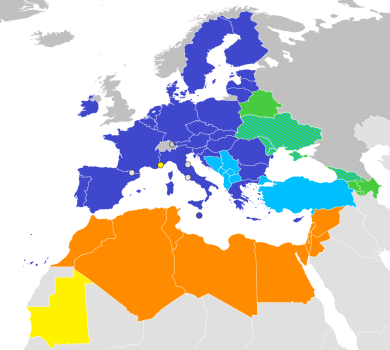It’s specious to hold that the predicate concerning the entities in apocalyptic genre allows any “literary flexibility,” that it isn’t to be taken literally as “a” historical event in each case. I agree the entities allow for such flexibility, but not the predicate, the actions the entities execute. Your assertion is Idealism, which holds there is no historical fulfillment of the Revelation. You’re failing in preterist’s hermeneutics.Revelation’s use of Old Testament allusions—such as those in chapter 18 concerning Babylon (drawn from Isaiah, Jeremiah, and Ezekiel)—does not demand that the new referent (whether Rome, apostate religion, first-century Jerusalem, or another corrupt power) literally fulfill every detail of the original Old Testament subject. This is because apocalyptic literature operates through symbolic intensification, not one-to-one historical repetition. The function of these images is theological rather than strictly literal or historical. Thus, hyperbolic and intensified language such as “the great city that rules over the kings of the earth” or “the merchants of the earth weeping over her” need not be fulfilled in a literal, one-to-one fashion.
Therefore , it is not necessary—within the apocalyptic genre—that first-century Jerusalem must have literally ruled over the kings of the earth or been the exact city mourned by global merchants. To claim that Babylon must be, for example, Protestant liberalism or some future globalist system on the basis of a hyper-literal reading of ‘earthly trade merchants’ imposes expectations onto the text that arise more from external frameworks than from the literary conventions of apocalyptic literature itself.
However—and this is important to acknowledge even as a preterist—this same literary flexibility also applies to Revelation 18:24. While the verse may allude to Jesus’ words in Matthew 23:35 (“so that on you may come all the righteous blood shed on earth”), the apocalyptic form does not require that the destruction of Jerusalem in AD 70 be the exclusive or literal fulfillment of Revelation 18:24.
Ultimately, due to: (1) the interpretive vagueness inherent in apocalyptic language, (2) the lack of clear, internal explanation within the oracle itself, and (3) the genre conventions of Revelation, any claim that Babylon “must be” or “cannot be” a particular referent (e.g., Jerusalem, Rome, or a modern institution) rests primarily on one’s interpretive framework rather than an incontrovertible exegetical conclusion.
The question remains - can I use the olivet discourse to interpret the apocalyptic genre of the revelation or no?
Moreover, the merchants are the exception to such “literary flexibility” concerning the entities in Revelation. If that is not so, you’ll have to provide what the merchants represent, other than merchants, and how this changing interpretation becomes wealthy or rich, a condition that isn’t literal by your standard.
But this is what your assertions lead to, that nothing in the apocalyptic genre allows for “a” literary historical fulfilment, such as the enrichment of the merchants. With such an Idealists’ lens, the merchants are forever becoming rich because of their association with mystery Babylon, which as I related, history does not support. I have a number of books by historians, secular and religious, that vindicate my interpretation if you’re interested.
As to the OD, Britanica defines the apocalyptic genre as:
apocalyptic literature, literary genre that foretells supernaturally inspired cataclysmic events that will transpire at the end of the world. A product of the Judeo-Christian tradition, apocalyptic literature is characteristically pseudonymous; it takes narrative form, employs esoteric language, expresses a pessimistic view of the present, and treats the final events as imminent. See also eschatology. [1]
I have to agree with the scholars that hold the OD as apocalyptic or quasi-apocalyptic in nature.




